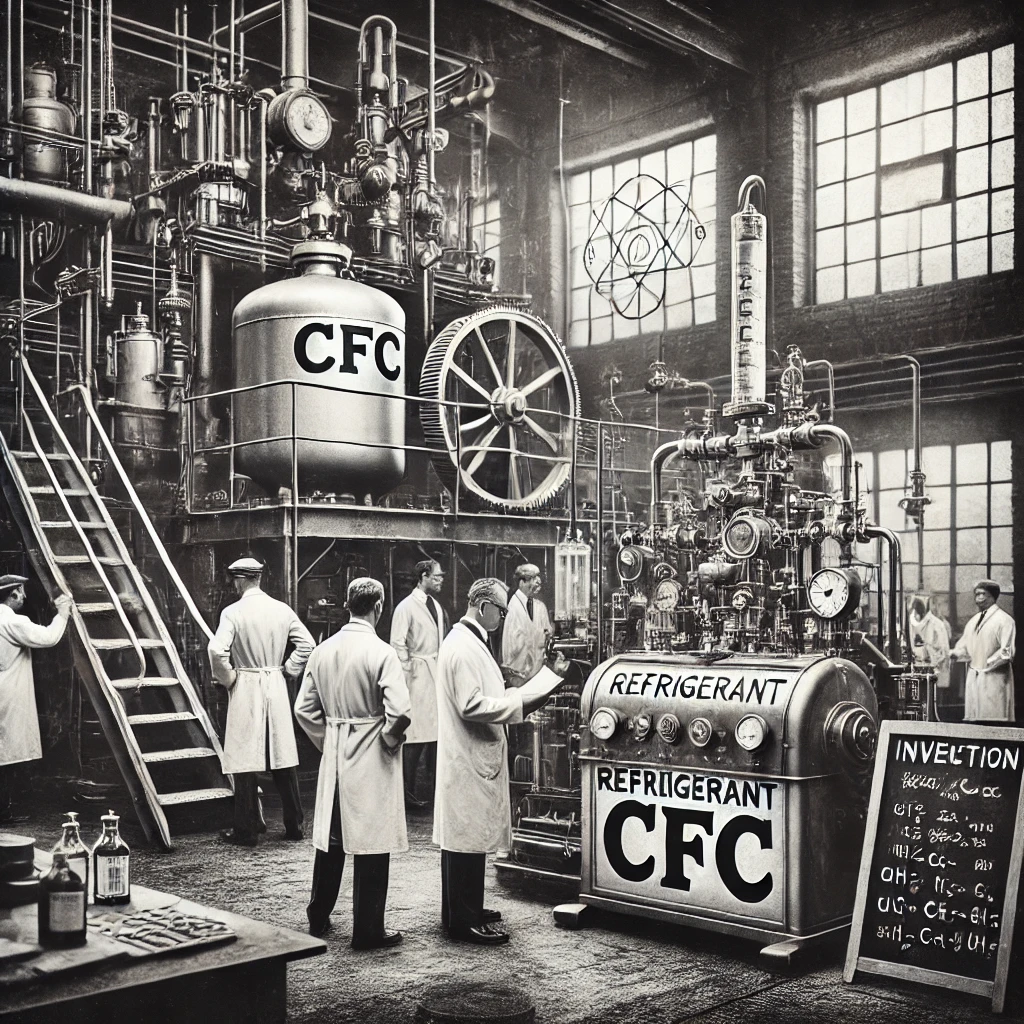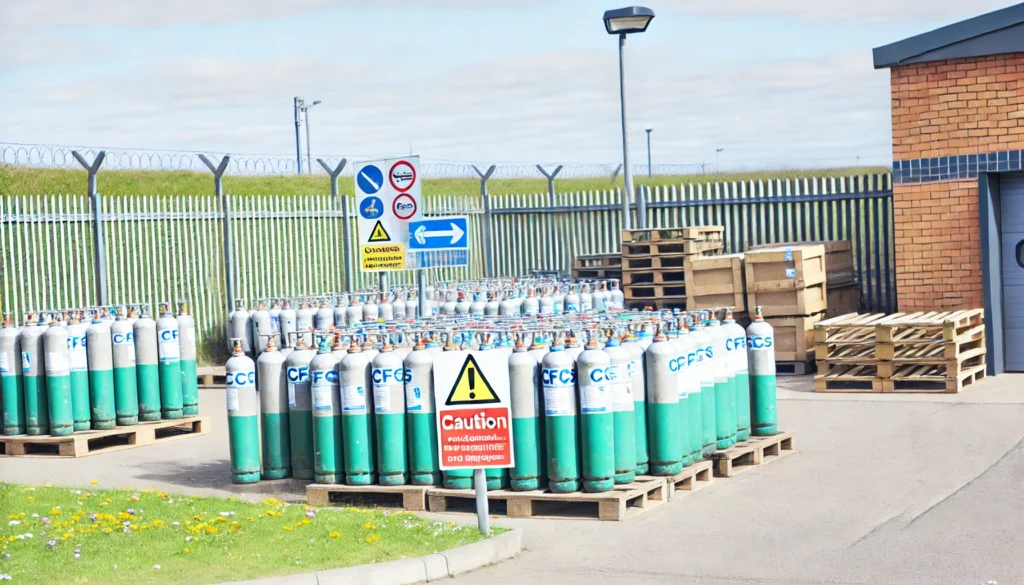In the realm of refrigeration, few topics are as contentious as the discussion surrounding chlorofluorocarbons (CFCs). Once hailed as a revolutionary breakthrough for cooling technology, CFCs have long been condemned for their environmental impact. The Montreal Protocol of 1987 marked the beginning of the end for CFCs, as the world united to phase out these harmful substances. But as we face new challenges in the refrigeration industry, it’s time to reconsider whether banning CFCs was the optimal decision.

The Case for CFCs: Efficiency and Performance
CFCs, particularly R-12 and R-11, were celebrated for their exceptional efficiency and stability. They provided superior cooling performance with lower energy consumption and are safer to use; compared to many modern alternatives. For decades, they were the backbone of air conditioning and refrigeration systems worldwide, from household appliances to industrial applications.
Revisiting CFCs could lead to significant improvements in energy efficiency, reducing operational costs for businesses and consumers alike. As the demand for heat-pumps and cooling solutions rises globally, especially in developing nations, the efficiency of refrigerants becomes increasingly critical. Could a controlled reintroduction of CFCs offer a solution to our growing energy concerns?
Environmental Considerations: A New Approach
It’s undeniable that CFCs have a destructive impact on the ozone layer, leading to increased UV radiation reaching the Earth. However, advancements in technology and science could offer new ways to mitigate these effects. For instance, stringent regulations and improved containment measures could minimise emissions. Additionally, investment in research could potentially lead to the development of CFCs that are less harmful to the environment.

Moreover, the environmental impact of current refrigerants, such as hydrofluorocarbons (HFCs) and Hydrocarbons (HCs), cannot be ignored. HFCs, while less damaging to the ozone layer, have a high global warming potential (GWP). This has led to a new environmental dilemma, as we trade one problem for another. HCs are highly flammable, Ammonia is flammable and toxic, CO2 operates at dangerously high pressures and has a low critical point, making it inefficient to operate during warmer ambient temperatures. More modern HFOs are less efficient than their CFC counterparts and are often flammable, high cost, have poor chemical stability and have regulatory and compatibility issues with existing systems.
Revisiting CFCs, with modern safeguards in place, might present a balanced approach to managing both ozone depletion, efficiency, safety and global warming.
Economic Implications: Balancing Costs and Benefits

The phase-out of CFCs has led to increased costs for refrigeration systems due to the higher price of alternative refrigerants and the need for system retrofits. Small businesses and developing countries have borne the brunt of these financial burdens. By reintroducing CFCs under strict regulations, we could alleviate some of these economic pressures.
Furthermore, the production of CFCs could create jobs and stimulate economic activity in the chemical manufacturing sector. The development of safer CFC variants and advanced containment technologies could also spur innovation and investment in the industry.
Ethical and Health Considerations

It’s crucial to address the ethical and health implications of reintroducing CFCs. While the primary concern has been environmental, the indirect health impacts of increased UV radiation due to ozone depletion are significant. However, with enhanced regulatory frameworks and technological advancements, it is possible to manage and mitigate these risks.
Additionally, the health impacts of climate change, exacerbated by high-GWP refrigerants, must be considered. Rising temperatures and extreme weather events pose serious threats to public health. A balanced approach that includes the controlled use of CFCs could contribute to a more stable climate, indirectly benefiting global health.
Conclusion: A Call for Open Dialogue
The idea of bringing back CFCs as refrigerants is undoubtedly controversial and requires careful consideration. It challenges long-held beliefs and regulatory frameworks that have shaped our industry for decades. However, as we confront new environmental and economic challenges, it’s essential to remain open to innovative solutions and rethink past decisions.
Reintroducing CFCs is not a step backward but a potential path forward, leveraging modern science and technology to address complex global issues. It calls for rigorous debate, comprehensive research, and an unwavering commitment to sustainability and public health.

At Ultra Refrigeration Ltd, we believe in leading the conversation on critical industry issues. We invite our readers to engage with us, share their perspectives, and explore the possibilities of a future where refrigeration is both efficient and environmentally responsible.
